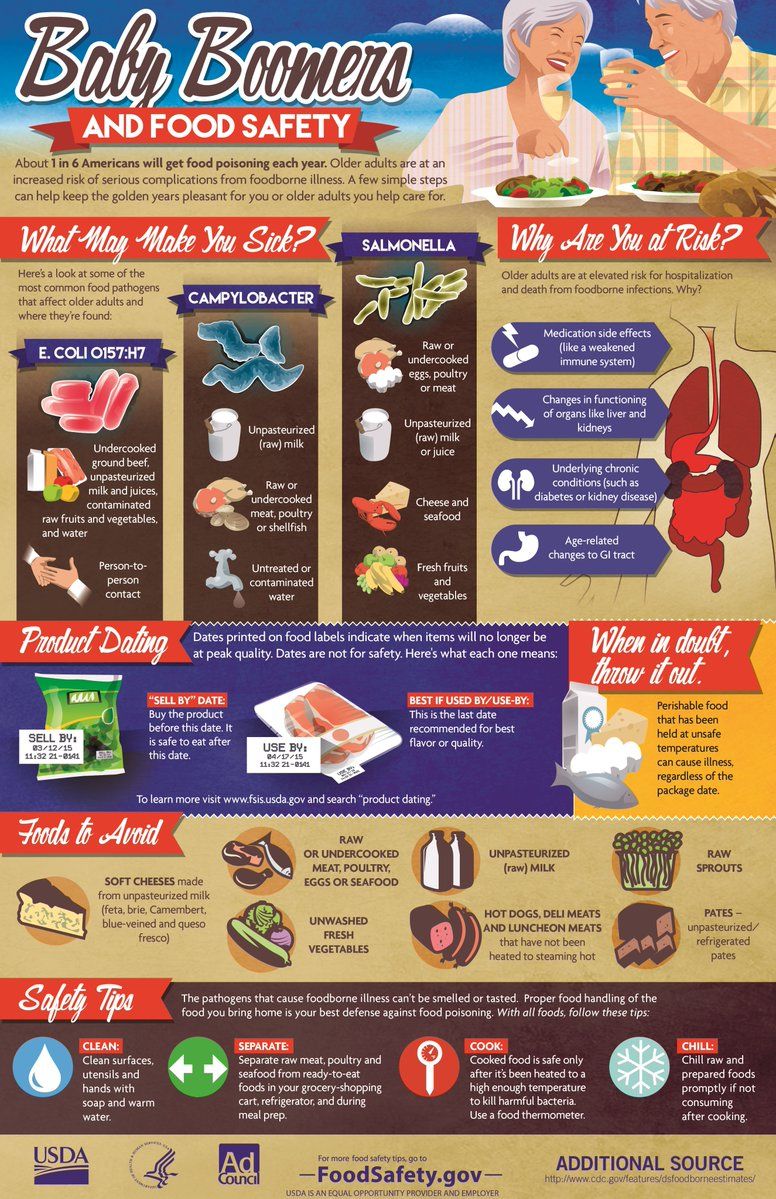- Advertisement -

Popular
Foodborne Illness: What You Should Know
Foodborne illness is a common – yet preventable – public health problem. Ensuring food safety is increasingly more important as food trends change along with the globalization of our food supply. To prevent foodborne illness, it is necessary to understand how food becomes unsafe to eat and what proactive measures can be taken.
How to report a food problem as a consumer?
Found a problem with your food? If you suspect that a food product is contaminated or has made you or someone that you know sick, follow these guidelines to report it.
People at Greater Risk for Foodborne Illness
It is very important to understand that certain groups of people have a higher risk for contracting a foodborne illness - and have a greater severity of an illness.
Why is food safety training & certification necessary?
Food safety not only affects continued patronage and sales of a food service business, but also public safety. Many businesses require food safety training, so being food safety trained will increase your chances of employment. Furthermore, businesses are willing to pay higher wages to those trained.
Harmful Foodborne Bacteria
Bacteria are a member of a large group of unicellular microorganisms - some of which can cause human disease. Although most bacteria are harmless or often beneficial, some bacteria are pathogenic, or those that can pose a threat to human health or cause illness. Bacteria and viruses are responsible for most foodborne illnesses and are the biggest threat to food safety.

























